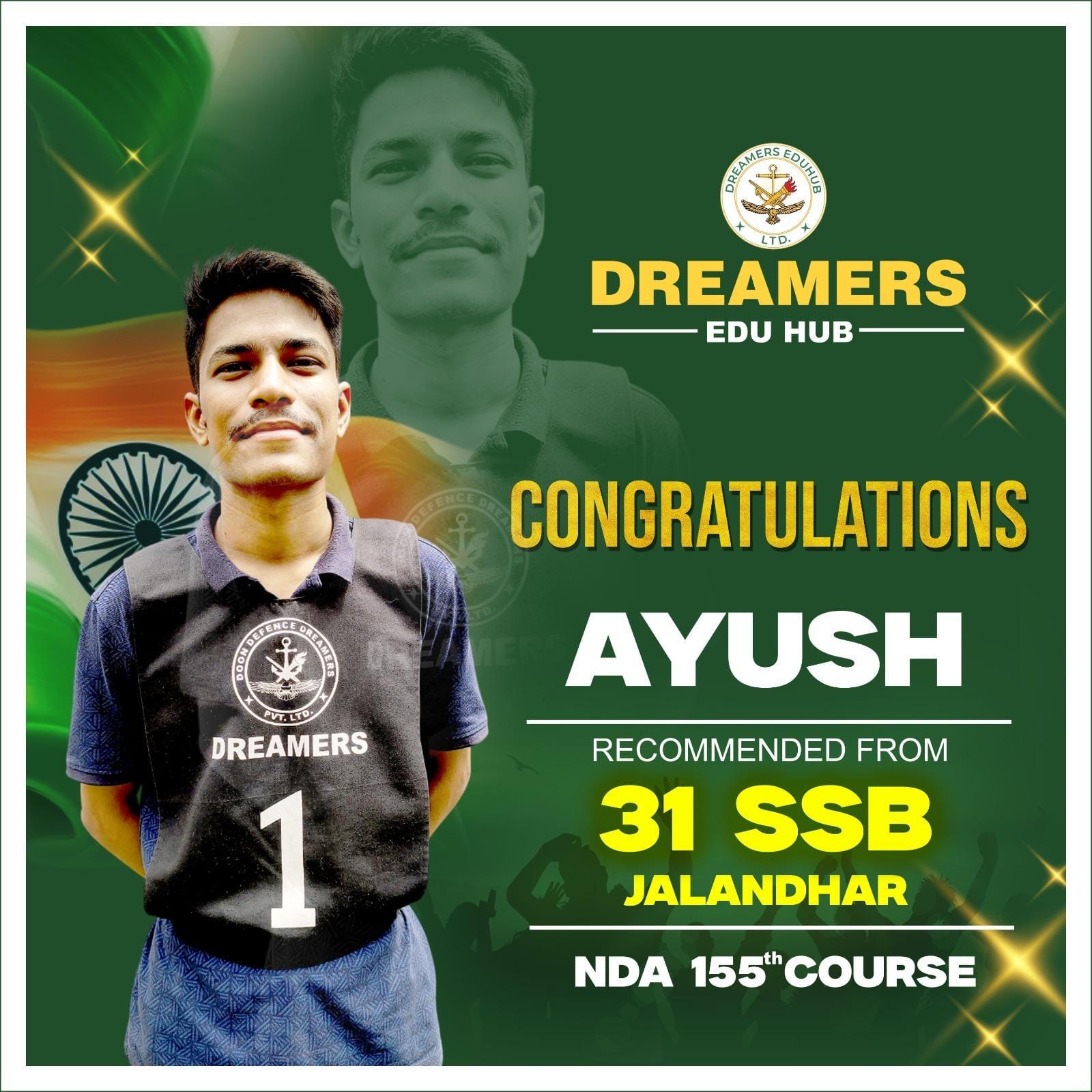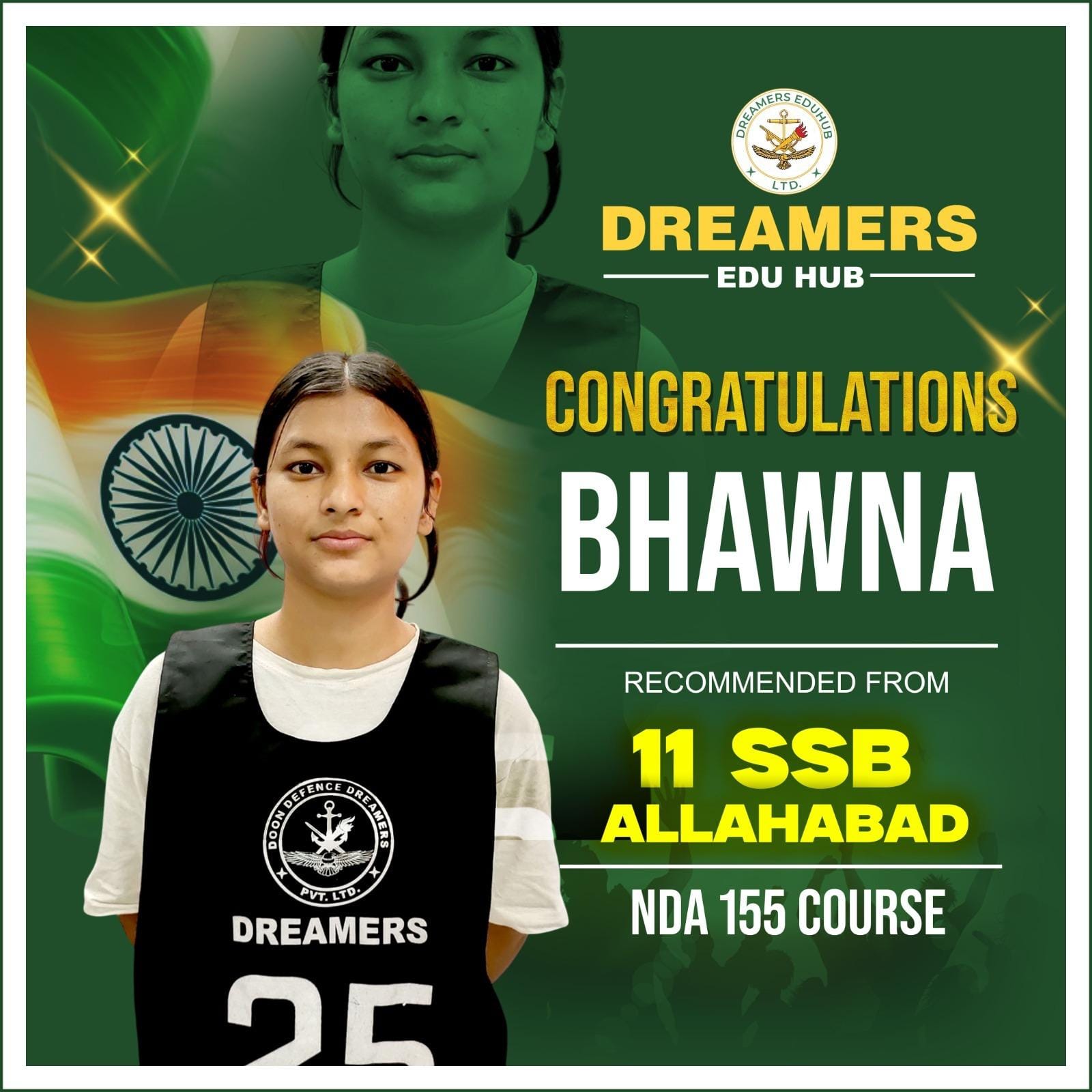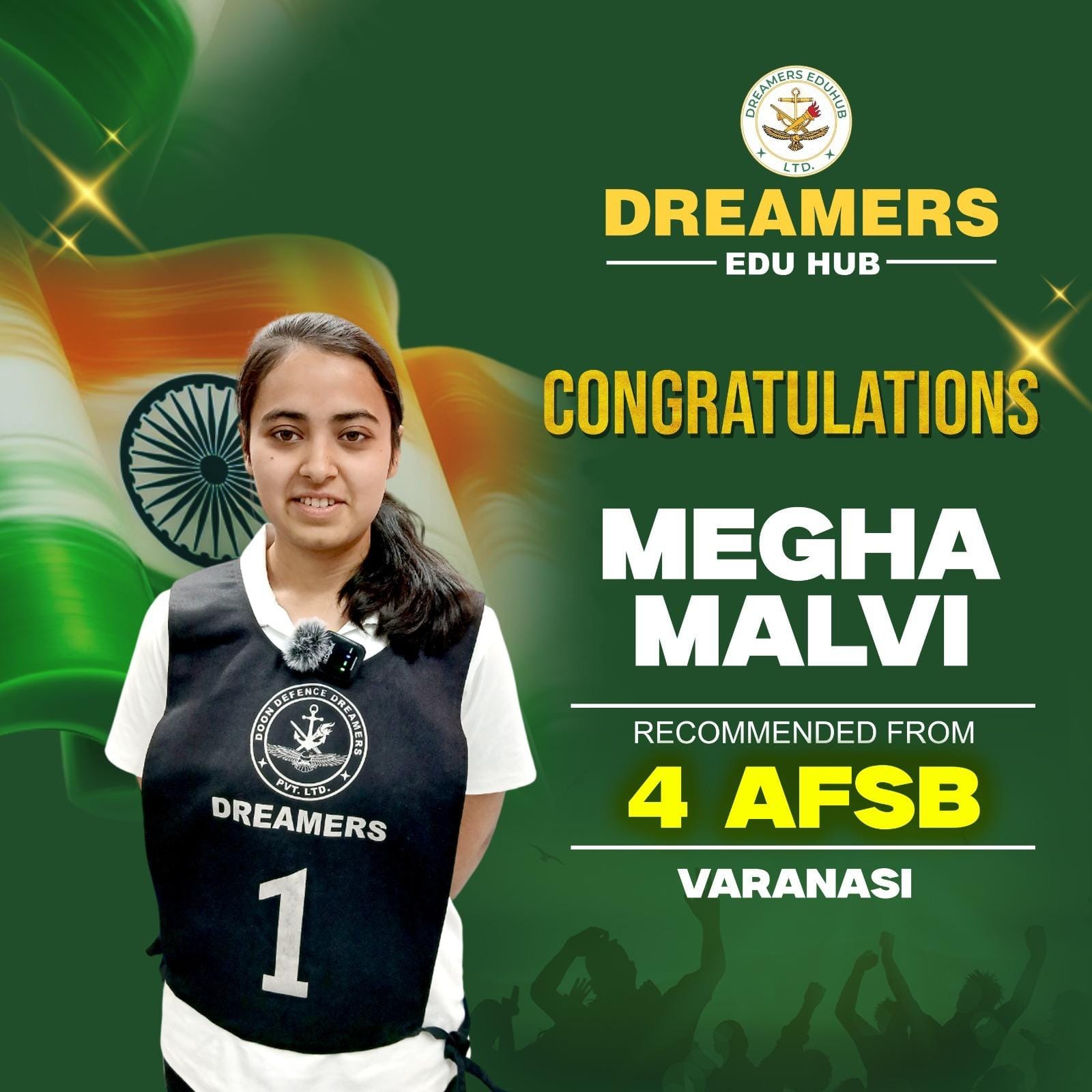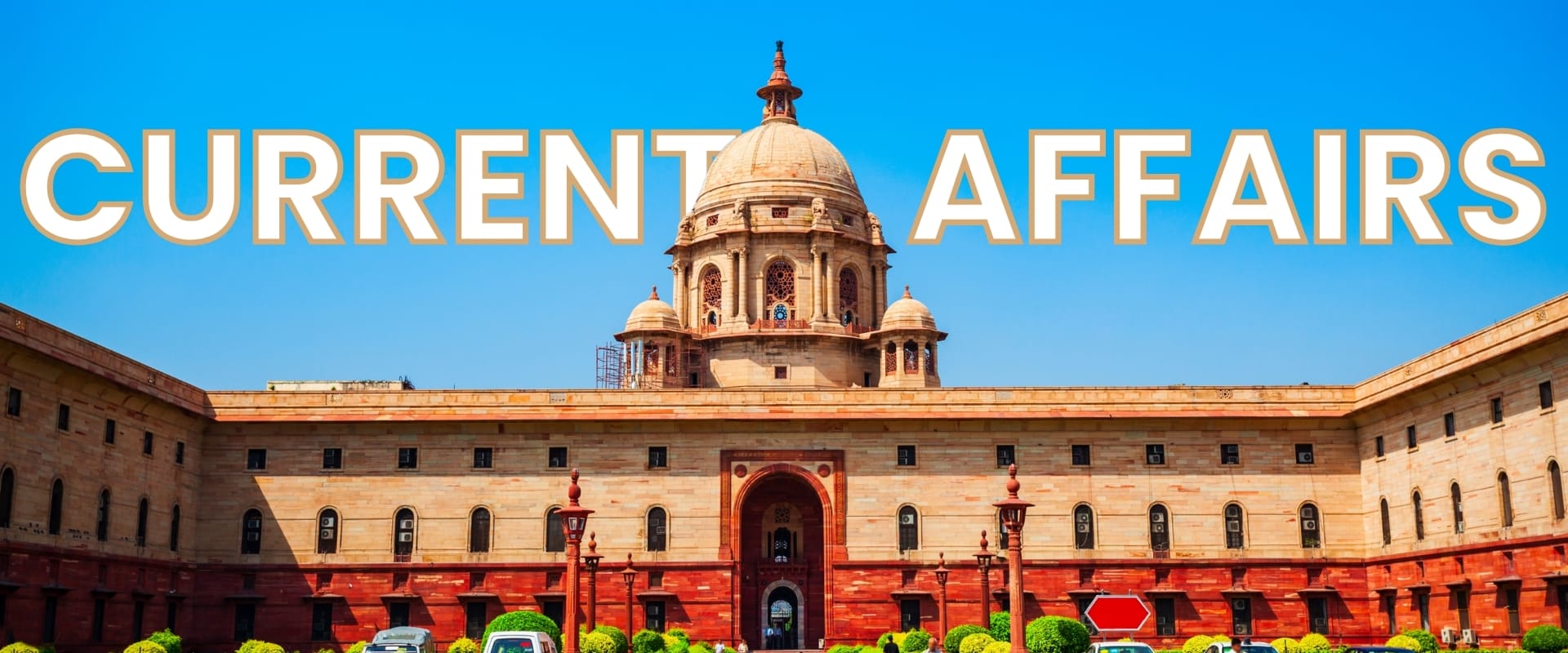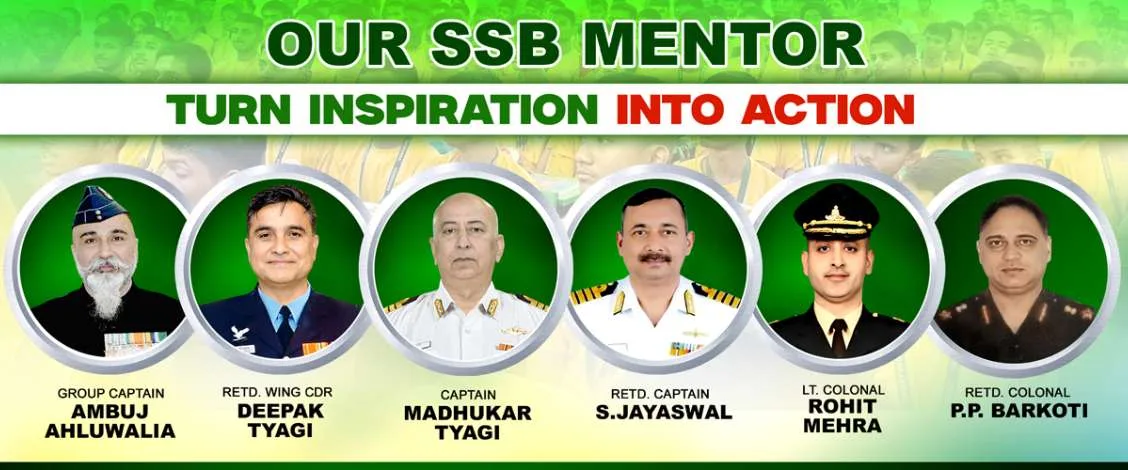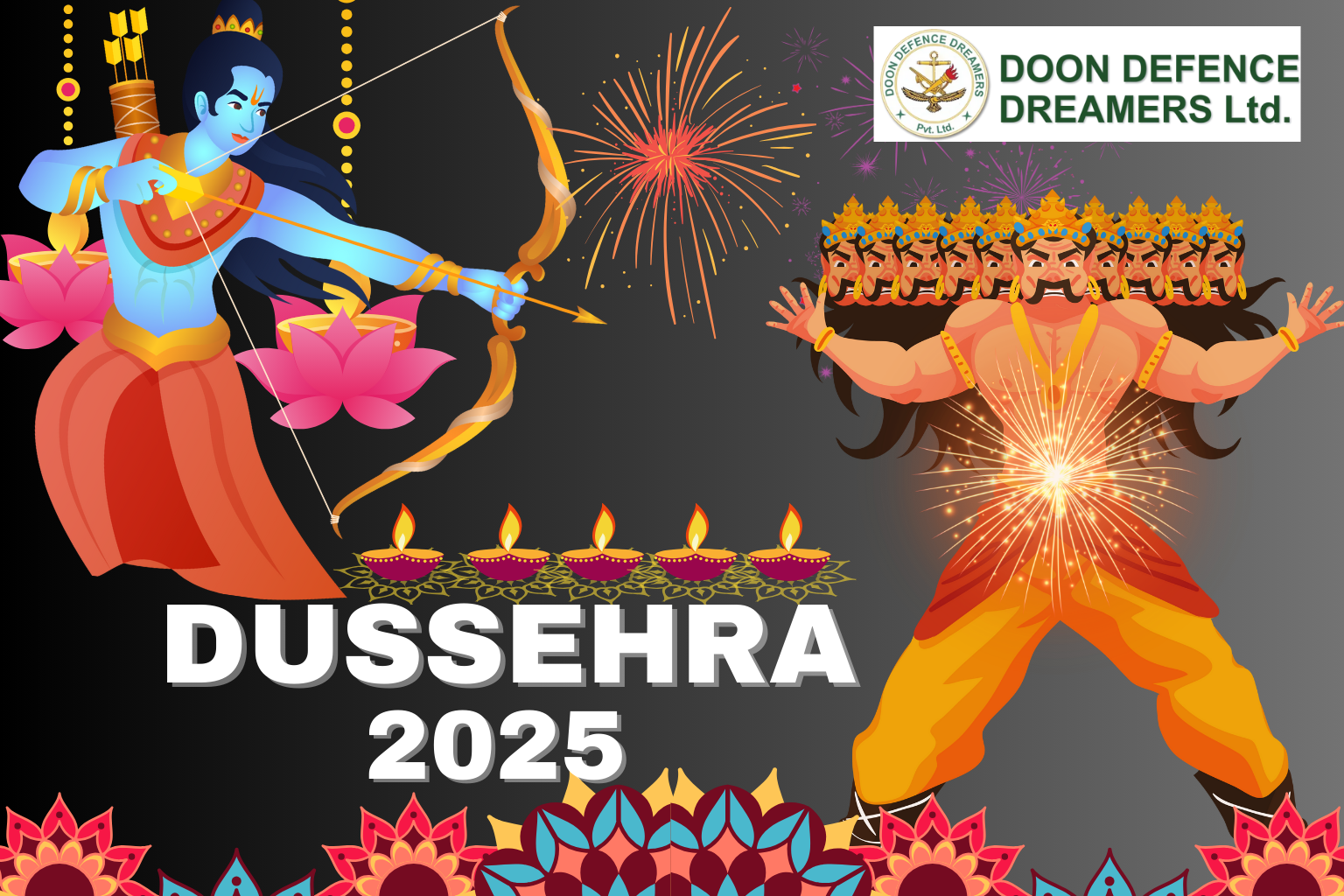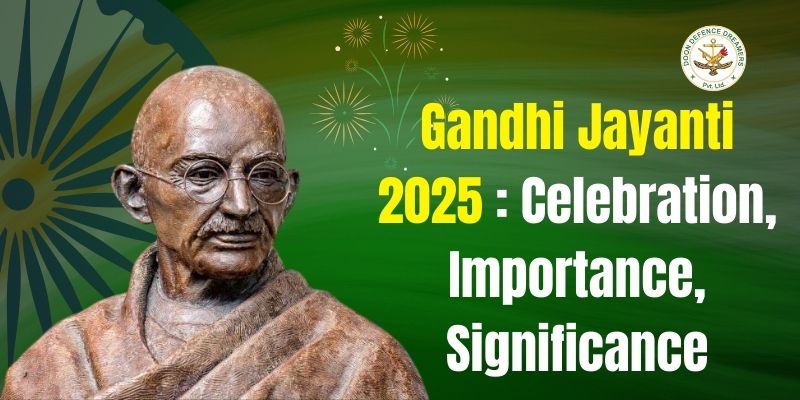Comprehensive Guide to CBSE Class 12 Exam Preparation
Students aiming for success in the CBSE Class 12 board exams need to dedicate 7-8 hours daily to their studies. With the 2026 12 board exam scheduled from February 17 to April 4.You should start your preparation early, setting aside at least a month for thorough revision of all major topics in the 12th CBSE syllabus.
Preparing for the CBSE Class 12 exam can be challenging, especially with the recent shift towards competency-based and application-oriented questions. Mastering effective study techniques can significantly impact your class 12 result. Familiarizing yourself with the CBSE class 12th syllabus is a crucial step in identifying your strengths and areas for improvement. To facilitate this process, CBSE publishes detailed topic-wise syllabi on their official website cbseacademic.nic.in.
This comprehensive guide will help you understand the CBSE Class 12 exam pattern, subject-specific preparation strategies, and effective study methods to excel in your 12 board exam.
Overview of CBSE Class 12
What is CBSE Class 12?
CBSE Class 12, also referred to as Class XII, marks the final year of high school education in India. The Central Board of Secondary Education (CBSE), a 62-year-old national education board, operates under the Government of India. Students take their annual exams between February and March, with examination results typically released by the end of May. The class 12 result announcement garners significant attention from students, parents, and educators alike.
The board adheres to NCERT guidelines to maintain consistent standards across its affiliated schools. Students can now access the updated 2025-26 12 CBSE syllabus for all streams on cbse.gov.in. To pass, students must score at least 33% overall, with a minimum of 33% in both theory and practical exams where applicable.
Importance of Class 12 in Academic Journey
Class XII is a crucial milestone that shapes future education and career paths. Your performance in these 12 board exams significantly influences college admissions and scholarship opportunities. Thorough preparation using the prescribed CBSE board syllabus helps students make informed career choices.
The Senior Secondary School Certificate (SSSC) opens doors to prestigious institutions in India and abroad. According to the National Sample Survey Organization, over 30 million students take these exams each year. Many entry-level positions, especially in government sectors, require this certificate as a basic qualification. The class 12 result announcement is a pivotal moment that can substantially impact a student’s future prospects.
Streams Available: Science, Commerce, and Arts
CBSE Class 12 offers three main academic streams to align with different career aspirations:
- Science Stream: This stream includes physics class 12, 12th chemistry, Mathematics, biology class 12, Computer Science, and English. Students aiming for careers in engineering, medicine, and STEM fields typically choose this path. The 12th physics syllabus is particularly rigorous, preparing students for advanced scientific studies.
- Commerce Stream: Students in this stream study 12 accountancy, Economics, Business Studies, Mathematics, and English Core. This path leads to careers in business, finance, and economics.
- Arts/Humanities Stream: This stream covers subjects like History, Political Science, Geography, Economics, Sociology, Psychology, Philosophy, Mathematics, and English Core. It paves the way for careers in social sciences, law, journalism, and creative fields.
The 12 CBSE curriculum allows students to choose subjects flexibly within these streams, tailoring their education to match their interests and career goals. For the 2025-26 academic year, the board has introduced new skill-based subjects such as Artificial Intelligence, Yoga, and Entrepreneurship, helping students gain practical knowledge alongside theoretical concepts.
Success in CBSE Class 12 board exams requires a thorough understanding of your chosen stream’s syllabus. Each stream balances academic excellence with overall development to prepare students for both exams and future challenges.
CBSE Class 12 Syllabus and Subjects
Science Stream
| Subject | Topic | Marks (Approx.) |
|---|---|---|
| Physics | Electrostatics | 10 |
| Current Electricity | 10 | |
| Magnetic Effects of Current & Magnetism | 10 | |
| Electromagnetic Induction & AC | 8 | |
| Optics | 12 | |
| Dual Nature of Matter & Atoms | 8 | |
| Electronic Devices | 6 | |
| Communication Systems | 6 | |
| Practical / Experiments | 30 | |
| Total Marks (Physics) | 100 | |
| Chemistry | Solid State | 6 |
| Solutions | 6 | |
| Electrochemistry | 6 | |
| Chemical Kinetics | 6 | |
| Surface Chemistry | 6 | |
| The Chemistry of Elements (s/p/f block) | 20 | |
| Organic Chemistry (Alcohols, Aldehydes, Ketones, Amines) | 20 | |
| Coordination Compounds | 6 | |
| Practical / Experiments | 30 | |
| Total Marks (Chemistry) | 100 | |
| Biology | Reproduction | 10 |
| Genetics & Evolution | 12 | |
| Biology & Human Welfare | 10 | |
| Biotechnology & Its Applications | 10 | |
| Ecology & Environment | 8 | |
| Practical / Experiments | 30 | |
| Total Marks (Biology) | 100 | |
| Mathematics | Relations & Functions | 10 |
| Calculus (Differential & Integral) | 40 | |
| Vectors & 3D Geometry | 15 | |
| Probability | 10 | |
| Linear Programming | 10 | |
| Misc / Internal / Problem Solving | 15 | |
| Total Marks (Mathematics) | 100 |
Commerce Stream
| Subject | Topic | Marks (Approx.) |
|---|---|---|
| Accountancy | Accounting for Partnership | 20 |
| Company Accounts | 30 | |
| Analysis of Financial Statements | 20 | |
| Cash Flow Statement | 10 | |
| Project / Internal Assessment | 20 | |
| Total Marks (Accountancy) | 100 | |
| Business Studies | Principles & Functions of Management | 20 |
| Business Environment | 10 | |
| Marketing, Finance, Human Resource Management | 30 | |
| Business Ethics & Social Responsibility | 10 | |
| Project / Internal Assessment | 20 | |
| Total Marks (Business Studies) | 100 | |
| Economics | Microeconomics: Consumer Behavior & Production | 20 |
| Market Structures & Price Determination | 20 | |
| Macroeconomics: National Income, Money & Banking | 20 | |
| Development & Sectoral Activities | 20 | |
| Project / Internal Assessment | 20 | |
| Total Marks (Economics) | 100 | |
| Mathematics | Calculus & Algebra | 40 |
| Probability & Linear Programming | 30 | |
| Misc / Internal Assessment | 30 | |
| Total Marks (Mathematics) | 100 | |
| English Core | Reading Comprehension | 20 |
| Writing Skills | 30 | |
| Literature | 30 | |
| Internal Assessment | 20 | |
| Total Marks (English Core) | 100 |
Arts / Humanities Stream
| Subject | Topic | Marks (Approx.) |
|---|---|---|
| History | Modern Indian History | 25 |
| World Wars & Contemporary World | 25 | |
| National Movements | 20 | |
| Internal Assessment / Project | 20 | |
| Total Marks (History) | 100 | |
| Political Science | Indian Constitution & Political Theory | 25 |
| Governance & International Relations | 25 | |
| Political Ideologies & Case Studies | 20 | |
| Project / Internal Assessment | 20 | |
| Total Marks (Political Science) | 100 | |
| Geography | Physical Geography | 20 |
| Human Geography | 20 | |
| Resources & Development | 20 | |
| Environmental Geography | 20 | |
| Project / Internal Assessment | 20 | |
| Total Marks (Geography) | 100 | |
| Sociology / Psychology | Social Structure & Change / Human Behaviour | 25 |
| Research Methods & Applications | 25 | |
| Contemporary Issues | 20 | |
| Project / Internal Assessment | 20 | |
| Total Marks (Sociology / Psychology) | 100 | |
| Economics | Micro & Macro Theory | 60 |
| Development & Sectoral Activities | 20 | |
| Project / Internal Assessment | 20 | |
| Total Marks (Economics) | 100 | |
| English Core | Reading Comprehension | 20 |
| Writing Skills | 30 | |
| Literature | 30 | |
| Internal Assessment | 20 | |
| Total Marks (English Core) | 100 | |
| Physical Education / Fine Arts / Home Science / Entrepreneurship | Practical / Project Work | 50 |
| Theory | 50 | |
| Total Marks | 100 |
Subject selection in CBSE Class 12 plays a crucial role in shaping a student’s academic future. Understanding different stream combinations is essential for aligning with career goals. The CBSE board divides its curriculum into three main streams, each with mandatory and elective subjects.
Science Stream Subjects
The CBSE Class 12 Science stream features physics class 12 and 12th chemistry as core subjects. Students can choose Mathematics or Biology as their third main subject. Recent CBSE data reveals that 556,019 students opted for Physics, while 554,437 chose Chemistry. Science students preparing for 12 board exams should focus on these foundation subjects.
Core Science subjects include:
- Physics (covering electrostatics, optics, magnetism, and modern physics)
- Chemistry (featuring organic, inorganic, and physical chemistry concepts)
- Mathematics or Biology (students can choose either or both)
- English (mandatory language subject)
Popular optional subjects include Computer Science (chosen by 104,971 students), Physical Education, Economics, Psychology, and Information Practices. Many students also select Engineering Drawing or Biotechnology as electives. The 12th physics syllabus and 12 biology syllabus are particularly crucial for students aspiring to enter medical or engineering fields. The physics class 12 curriculum is designed to provide a strong foundation for future scientific pursuits.
Commerce Stream Subjects
The Commerce stream prepares students for careers in business and finance. During 12 board exam preparation, students must master subjects that build their knowledge of economic principles and business operations.
The Commerce curriculum includes 12 accountancy, Business Studies, and Economics as mandatory subjects. CBSE statistics show that 305,706 students chose Business Studies, 304,206 opted for Accountancy, and 383,647 selected Economics. Students often choose Mathematics or Informatics Practices as electives based on their future goals.
Commerce subjects focus on:
- Accountancy (recording, classifying, and reporting financial transactions)
- Business Studies (covering finance, marketing, and organizational concepts)
- Economics (focusing on microeconomics, macroeconomics, and Indian economy)
- Mathematics (optional but recommended for finance and analytics careers)
Arts/Humanities Stream Subjects
The Arts stream offers students the most diverse subject combinations in the CBSE Class 12 syllabus. The text-heavy nature of many subjects in this stream often leads students to seek the best study approaches for board exams.
Recent data indicates that 158,585 students chose History, 174,796 picked Political Science, 91,239 selected Geography, and 37,334 opted for Sociology. The Arts stream offers more flexibility in subject selection compared to Science and Commerce.
Students must take English as a mandatory language and can choose from these subjects:
- History (studying colonialism, revolutions, and civilizations)
- Political Science (covering Indian political systems and international relations)
- Geography (focusing on human geography and environmental sustainability)
- Economics (teaching economic theories and practical applications)
- Psychology, Sociology, Philosophy, Home Science, and Fine Arts
English Core remains the most popular language subject across streams, with 1,037,082 students. Hindi elective, Sanskrit, and regional languages provide students with more options based on their interests. The Hindi core subject is also available for students who prefer to study Hindi as their main language.
CBSE Class 12 Exam Pattern and Marking Scheme
Understanding the exam pattern and marking scheme is crucial for students to master CBSE Class 12. Student capabilities are assessed through a combination of theory examinations, practical components, and internal evaluations, providing a comprehensive assessment.
Theory and Practical Exam Structure
The 12 board exam follows a clear structure with different mark distributions across subjects. Language subjects like English, Hindi elective, and Sanskrit allocate 80 marks for theory and 20 marks for internal assessment. Science subjects such as physics class 12, 12th chemistry, and biology class 12 assign 70 marks for theory and 30 marks for practical examinations. The Hindi core subject follows a similar pattern with 80 marks for theory and 20 marks for internal assessment.
Students preparing for how to prepare for board exams class 12 should be aware of these mark breakdowns:
- Mathematics and Applied Mathematics: 80 marks theory, 20 marks internal assessment
- Commerce subjects (Business Studies, 12 accountancy): 80 marks theory, 20 marks project work
- Geography: 70 marks theory, 30 marks practical
- Computer Science and Informatics Practices: 70 marks theory, 30 marks practical
Question papers combine different formats: 20% MCQs, 30% competency-based questions (case studies, source-based questions), and 50% short and long answer questions. Students must develop conceptual understanding and application skills while studying the CBSE Class 12 syllabus.
Internal Assessment and Project Work
Internal assessments constitute a significant portion of the final grade in CBSE Class 12. Subjects with 20-mark internal assessment components typically include:
- Periodic tests throughout the academic year
- Subject-specific activities and project work
- Term-end assessments
Mathematics internal assessment comprises periodic tests (10 marks) and math activities with records and viva (10 marks). Economics, Business Studies, and 12 accountancy‘s project work worth 20 marks is divided between file preparation (12 marks) and viva voce (8 marks).
Students wondering how to study for board exams class 12 should focus on these internal components, as they offer an excellent opportunity to secure marks before the final examinations.
Grading and Evaluation System
12 CBSE employs a ‘Relative Grading’ system for Class 12, which is considered more effective than absolute grading. Students who pass are ranked and divided into eight equal groups. They receive grades ranging from A1 (highest) to E (lowest).
The grading scale corresponds to these mark ranges:
- A1: 91-100 marks (Grade Point 10.0)
- A2: 81-90 marks (Grade Point 9.0)
- B1: 71-80 marks (Grade Point 8.0)
- B2: 61-70 marks (Grade Point 7.0)
- C1: 51-60 marks (Grade Point 6.0)
- C2: 41-50 marks (Grade Point 5.0)
- D: 33-40 marks (Grade Point 4.0)
- E: Below 33% (Fail)
Students can multiply their CGPA (Cumulative Grade Point Average) by 9.5 to calculate their overall percentage. This system reduces unnecessary competition and provides a more accurate representation of student performance, aligning with modern educational goals. The class 12 result is calculated based on this grading system, and the result announcement typically includes the grades and CGPA for each student.
Preparation Tips for CBSE Class 12 Students
To excel in their 12 board exam, students need a smart approach that balances comprehensive study with effective revision techniques. Many students inquire about the best strategies for how to prepare for board exams class 12 to achieve their desired results. Here are some proven strategies that can help you succeed.
Time Management and Study Plan
A well-structured timetable is essential for effective preparation. Instead of counting days, focus on your available hours. Break down your time using the “3+2+1+1” approach: three hours for studying subjects, two hours for practicing what you’ve learned, one hour for sample papers, and one hour for mock tests. To maintain sharp concentration, take short breaks every 45 minutes.
The Pomodoro Technique is particularly effective for CBSE Class 12 preparation. Study for 25-30 minutes, followed by a 5-minute break. This method keeps your mind fresh and prevents burnout. While many students attempt to study for extended periods, quality is more important than quantity. Remember, effective preparation is key to achieving a good class 12 result.
Join Doon Defence Dreamers for Expert Guidance
For students aspiring to excel in academics and defence exams, Doon Defence Dreamers, recognized as the best NDA coaching institute in Dehradun, offers comprehensive support. Along with preparing for competitive exams, they provide personalized guidance, study material, and mentorship to help students manage board exams like CBSE Class 12 efficiently.
Interested candidates can register today to secure their spot and benefit from expert coaching that balances both academic success and physical preparation for a future in defence.
Recent Blogs & YouTube Videos
Stay updated with the latest blogs and YouTube videos to boost your preparation. Our content provides exam notifications, syllabus insights, preparation strategies, and selection tips. With expert guidance from Doon Defence Dreamers, aspirants can access detailed study resources, mock test discussions, and interview preparation support.
- NDA Exam 2027: Age, Eligibility, Syllabus, Notification, Pattern & Preparation Tips – know More
- NDA 2026: Age, Syllabus, Pattern, Eligibility – know More
YouTube Videos
Frequently Asked Questions (FAQs)
Q1: What is the CBSE Class 12 syllabus?
A: The CBSE Class 12 syllabus includes subjects from Science, Commerce, and Arts streams. Each stream has theory, practicals, and project components, designed to prepare students for higher education.
Q2: How is the CBSE Class 12 exam pattern structured?
A: The exam pattern consists of theory papers, practical exams (for Science), internal assessments, and project work. Each subject has a specific marking scheme outlined by CBSE.
Q3: When are CBSE Class 12 exams usually conducted?
A: CBSE Class 12 board exams are typically held between February and March each year. Practical exams may be conducted earlier, depending on the school schedule.
Q4: How can students effectively prepare for CBSE Class 12 exams?
A: Students should follow a structured study plan, refer to NCERT books, solve sample papers, take mock tests, and revise regularly to improve understanding and time management.
Q5: Are there specific tips for scoring well in board exams?
A: Yes, focus on important chapters, practice previous years’ question papers, maintain notes for revision, manage time efficiently, and stay consistent with studies.




